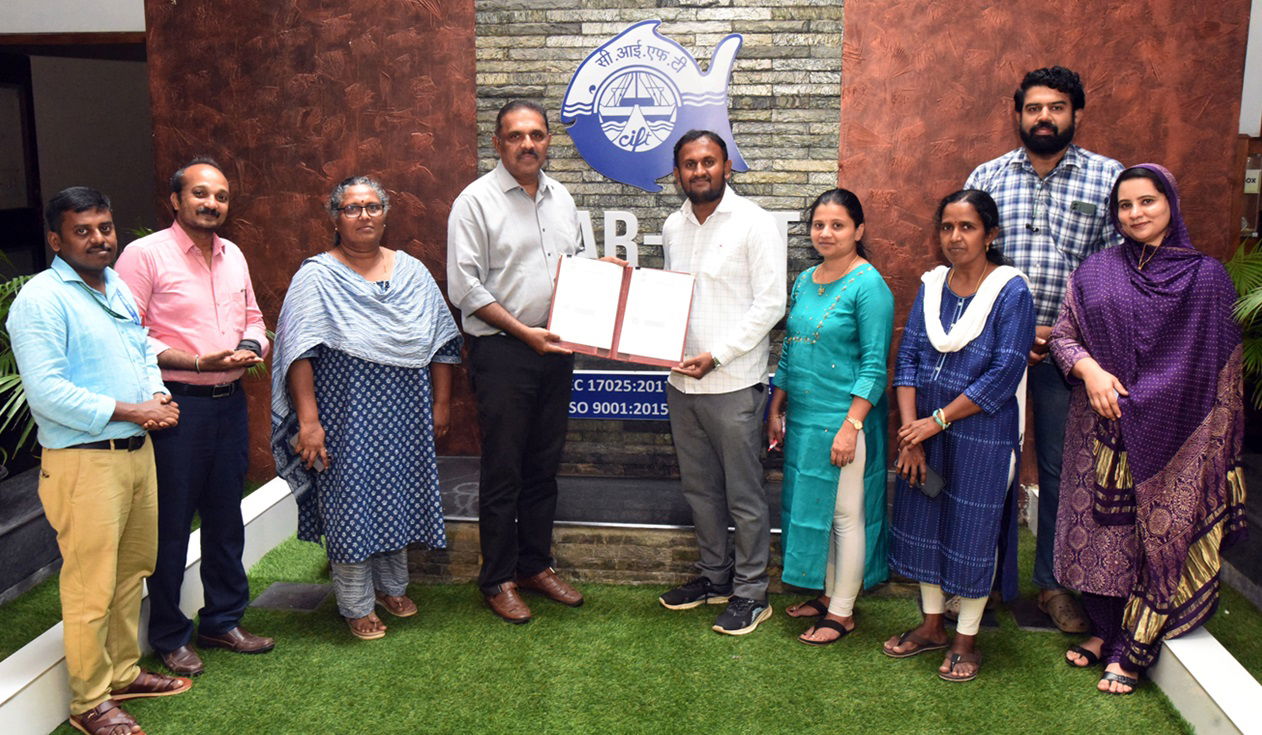
ICAR-Central Institute of Fisheries Technology (ICAR-CIFT) has announced a new collaboration with Ecogenie Biotech, a Bengaluru-based biotechnology startup, to explore sustainable methods for producing chitin and chitosan from silkworm pupae. This collaboration plays a crucial role in developing eco-friendly biotechnological processes by leveraging advanced knowledge and technology.
Chitin and chitosan, natural biopolymers commonly derived from crustacean waste, are crucial in various industries such as agriculture, healthcare, and food processing. The conventional method of extracting these biopolymers involves crustacean shells, but this new approach utilizes silkworm pupae, a byproduct of India's significant silk production industry. This innovative method presents a promising avenue for sustainable production and highlights the potential to reduce waste and contribute to the circular economy.
Under the Memorandum of Agreement (MoA), ICAR-CIFT will adapt its existing chemical extraction technology to suit silkworm pupae. This adaptation will ensure that the final products, chitin and chitosan, meet the highest quality standards required by various industries. This shift not only emphasizes sustainability but also aims to utilize the vast quantities of spent silkworm pupae that are currently underutilized.
Dr. George Ninan, Director of ICAR-CIFT, highlighted the importance of this partnership, stating that it reflects their commitment to advancing sustainable agricultural practices. This collaboration aligns with global environmental goals and sets the stage for further innovations in the field by repurposing existing technology for a new, eco-friendly application.
The technical consultancy for this groundbreaking project will be led by the scientific team at ICAR-CIFT, underscoring the critical role that research institutions play in driving technological advancements.
This collaboration between Ecogenie Biotech and ICAR-CIFT shows how industry and science may work together to advance sustainable development and discover novel approaches to problems for the future.










